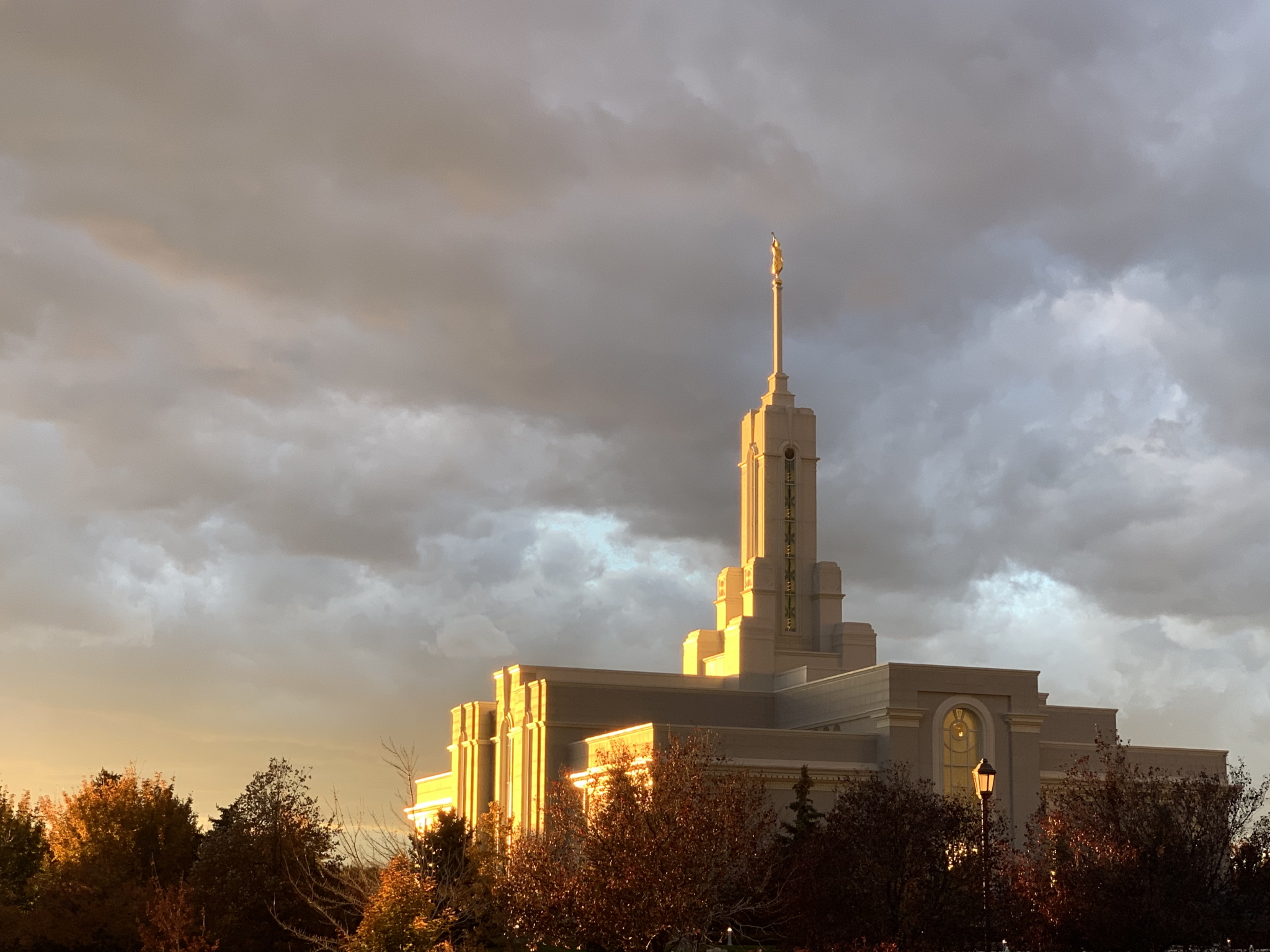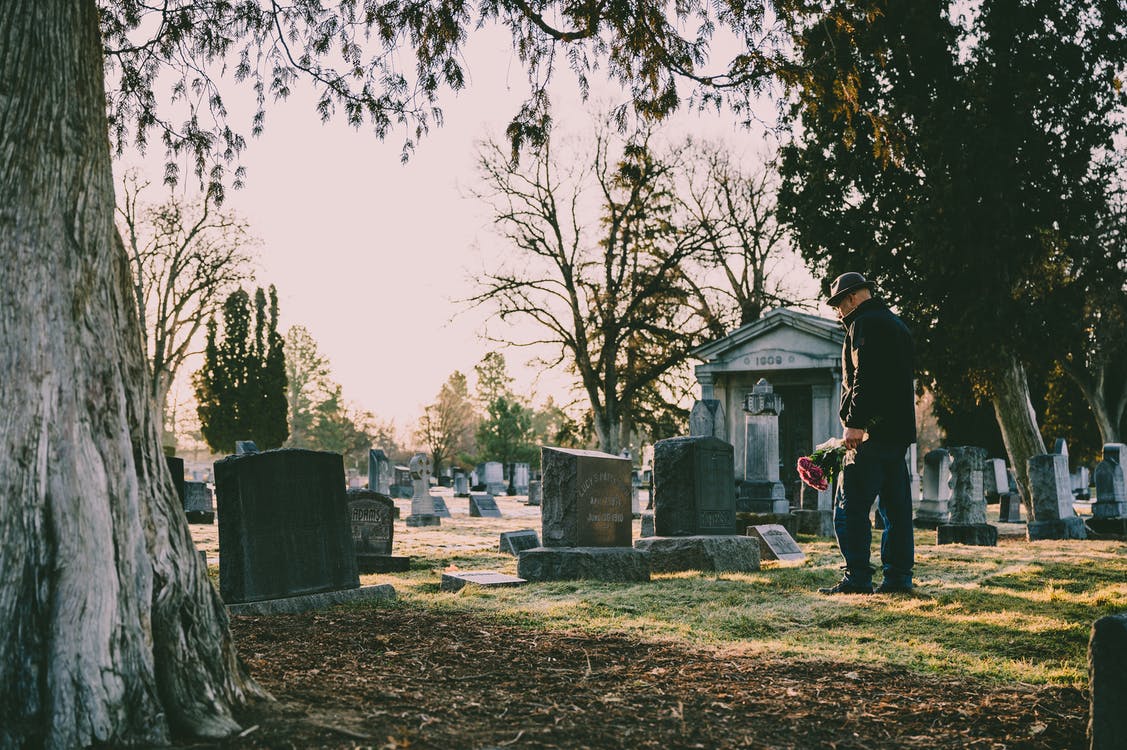Can a religious university be a genuine university? Some have thought not. The first statement of principles issued by the American Association of University Professors (AAUP) argued that attempts to promote a certain viewpoint, religious or otherwise, undermine the mission of a university: “Genuine boldness and thoroughness of inquiry, and freedom of speech, are scarcely reconcilable with the prescribed inculcation of a particular opinion upon a controverted question.”
Similar concerns have long been voiced about BYU. BYU’s new president, Shane Reese, has reaffirmed BYU’s religious commitments, stating, “Everything we do at the university starts and ends with the gospel of Jesus Christ.” Justin Collings, then Associate Academic Vice President, gave a talk late last year that was even more specific about what BYU departments can do to align their standards with BYU’s unique religious mission. Collings urged departments to recognize and reward scholarship that supports BYU’s recently announced strategic objectives: “languages and the institutions of family, religion, and constitutional government.” Collings said that departments should reward scholarship not just about such topics but scholarship which “advances ‘the Church’s purposes’ in those areas.” Collings also makes it clear that “shoddy scholarship can never advance the Church’s purposes, no matter the topic” and generally encouraged departments to strengthen scholarship in “every discipline that is followed here.”
At first glance, it might seem that this guidance undermines the academic freedom of BYU professors. But I will argue that academia is enriched by the existence of universities that seek truth in the light of specific beliefs. BYU’s religious mission and identity, which have never been a secret, allow its scholars and students to pursue questions that would not be tolerated or supported at other universities. Further, its religious commitment to seeking truth lends the academic process a seriousness and dignity that is missing at many secular institutions. I chose to teach and study at BYU because of the freedom it offers—the freedom to seek truth in the light of the restored gospel.
Before going further, it will be useful to distinguish two kinds of academic freedom—individual and institutional (both are discussed at length in BYU’s Academic Freedom Policy, from which the following quotations are drawn). Individual academic freedom is the freedom of the individual student or scholar “to ask hard questions, to subject answers to rigorous examination, and to engage in scholarship and creative work.” University life simply could not go on without a wide berth for individual academic freedom, and BYU’s Academic Freedom Policy makes it clear that this freedom is “broad, presumptive, and essentially unrestrained except for matters that seriously and adversely affect the University mission or the Church.” Academia is enriched by the existence of universities that seek truth in the light of specific beliefs.
BYU’s Academic Freedom Policy notes that there is an unavoidable tension between individual and institutional academic freedom. If individual academic freedom were absolute, institutions would not be able to channel and direct academic work in a distinctive way; if institutional academic freedom were absolute, individual scholars and students would not have the intellectual breathing room to pursue difficult questions.
But it is a mistake to say that there is “less” academic freedom at religious universities like BYU than there is at secular universities (particularly when mainstream academia is dealing with its own problems and some journals are making explicit what has long been true in many disciplines: research or articles which to do not advance Progressive values need not apply).
Both religious and secular universities have a set of institutional and operational expectations that enable and constrain academic work. Both take a stand on the way the world “really is” and are not neutral on fundamental issues. As Stanley Fish notes, “What, after all, is the difference between a sectarian school which disallows challenges to the divinity of Christ and a so-called nonideological school which disallows serious discussion of that same question?”
“In both contexts,” he continues, “something goes without saying, and something else cannot be said.” The central difference, Fish went on to argue, is not between a “closed environment and an open one,” but rather between “environments that are differently closed.” (And, I would add, differently open—which can be a strength).
The key error consists in believing that intellectual openness and academic freedom require an absence of commitments. Consider for a moment what it would mean if all questions really were equally open—if there were no stable methodological, ethical, and philosophical presuppositions in academia. There would be no consistent way to evaluate academic work, for evaluation presupposes standards of judgment (commitments) which would be unavailable to scholars in our hypothetical commitment-free state of intellectual inquiry. There would be no way to assess truth or falsity, utility or uselessness, justice or oppression when the standards of evaluation are themselves in flux.
Even science, a mode of inquiry often erroneously identified as a value-neutral enterprise, is premised on a host of assumptions that must be accepted as true if scientific work is to go on. Philosopher John Kekes lists several assumptions that are necessary for the practice of science, including “[the idea] that nature exists, that it has a discoverable order, that it is uniform . . . distinctions between space and time, cause and effect, the observer and the observed, real and apparent, orderly and chaotic . . . intersubjective testability, quantifiability, the public availability of data . . . [and the importance of] the honest reporting of results, the worthwhileness of getting the facts right, and scrupulousness in avoiding observational or experimental error.” He concludes this list by noting that “If any one of these presuppositions were abandoned, science, as we know it, could not be done.” Articles which do not advance Progressive values need not apply.
It may be replied that all these assumptions can be questioned at a true university. In a sense, they can be in specific and contained contexts (e.g., philosophy seminars), but I would argue that a true university could never really abandon the intellectual and disciplinary norms that are oriented to seeking truth. The point of academic study is to produce knowledge. This search is a winnowing process, as academic “disciplines” (note the word) seek to separate the wheat of truth from the chaff of unsupported opinion and bias. Good scholars are committed to getting it right, which presupposes that truth is real and knowledge is possible, which in turn is premised on a host of philosophical and other presuppositions. Academic freedom cannot mean the freedom to be supported in whatever one believes; rather, it is the freedom to seek truth, which means being accountable to reality. G.K. Chesterton once wrote that “the object of opening the mind, as of opening the mouth, is to shut it again on something solid.” Truth—not openness per se—is the goal of university life.
So the question is not whether there will be norms and values that constrain (and enable) academic study; the question is which norms and values they will be. Simplifying dramatically, many universities today seem to be premised on a kind of scientific naturalism/materialism combined (uneasily) with a politically Progressive ethical stance that emphasizes autonomy, equity, and inclusivity. There is much that could be said for this approach, but it can hardly lay claim to being the only reasonable way of investigating the world or the final word on our relationship with each other or the divine. The assumptions of secular academia constrain the work done at secular universities just as much as the religious assumptions constrain the work at religious universities. Further, if the history of academia has taught us anything, it is that continued study often leads to new questions rather than consensus around a particular answer. There should be space in academia for universities to pursue truth in many different ways. Truth—not openness per se—is the goal of university life.
None of this suggests or implies that every university should operate like BYU. As I said above, the world is a large and complex place, and sincere seekers of truth can come to different conclusions about important matters. But there should be room in academia for scholars—and universities—that want to “seek learning, by study and also by faith” (D&C 88:118). BYU’s commitments make this possible for those who want to seek truth in the light of the restored gospel. There would be less academic freedom, not more, if BYU abandoned its distinctive beliefs.

















